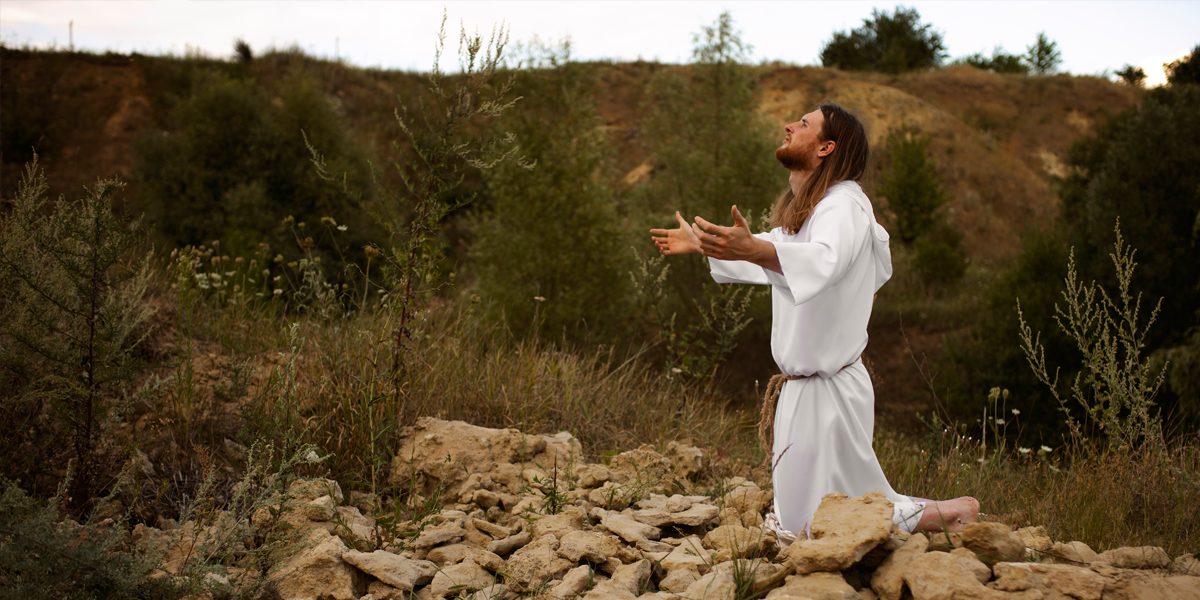
Elijah’s Fatigue: Accepting Our Human Limits
Elijah’s Fatigue: Accepting Our Human Limits There is a profound moment in the life of the prophet Elijah that speaks volumes about human limitations. Fresh from the spiritual triumph on Mount Carmel, Elijah finds himself…
Elijah’s Fatigue: Accepting Our Human Limits
There is a profound moment in the life of the prophet Elijah that speaks volumes about human limitations. Fresh from the spiritual triumph on Mount Carmel, Elijah finds himself running for his life from Queen Jezebel’s threats, leading him to a place of utter despair and exhaustion. “I have had enough, LORD,” he says (1 Kings 19:4). His plea is a stark reminder that even the mightiest servants of God can reach a point of fatigue. Elijah’s experience teaches us that acknowledging our limits is not weakness; it is a form of wisdom that aligns us with the reality of our human condition. In this admission, there is a call to cultivate self-compassion, to recognize the signals of our own well-being before they reach the breaking point. It is about re-examining the conflation of endless labor with piety and understanding that true obedience often involves caring for the temple of our bodies and minds. Elijah’s raw honesty before God reflects a deep level of trust—faith that can bear the weight of our human frailties. It encourages us to listen to our bodies and our emotions as they signal the need for rest—something even God, in His infinite power, sanctioned with the Sabbath.
Elijah’s Despair and Divine Response:
As Elijah lies down under the broom tree, ready to give up, God sends an angel to provide food and water—twice—telling him, “get up and eat, for the journey is too much for you” (1 Kings 19:7). Elijah’s physical needs are met with tender care, a reminder that our physical and emotional health are intertwined and that both need attention for us to continue the journey. Here, God acknowledges Elijah’s limits and does not chastise him but provides for his weakness, a divine recognition that we are “but dust” (Psalm 103:14). The sustenance provided by the angel serves not just as nourishment but as a message of divine provision that extends beyond physical sustenance to our emotional and spiritual fortitude. This gentle intervention of God, a pause in the midst of despair, reveals His intimate understanding of human endurance—the bread and water from heaven bringing life not only to Elijah’s body but reassurance to his soul that he is not forsaken.

Physical Needs in the Biblical Narrative:
The narrative of Elijah is not the only one that attests to God’s attentive care to physical needs. Jesus, too, repeatedly cared for the physical well-being of those around him – feeding the five thousand (Mark 6:34-44), resting by Jacob’s well (John 4:6), and sleeping in the storm-tossed boat (Mark 4:38). These accounts underscore that God does not expect ceaseless toil from His creation. It’s a truth further exemplified when Christ, in his tiredness, chose to withdraw to a desolate place to pray (Luke 5:16). He who “gives to His beloved sleep” (Psalm 127:2) understands and values the rhythm of rest and activity. In these scriptural reflections, we see the holistic approach to ministry—one that attends to the entire person and offers evidence that rest and retreat are not mere accessories to our work, but vital components of a sustainable life of service. .
Understanding Our Humanity:
Accepting our limits can be challenging in a culture that glorifies busyness and endless productivity, where the pressure to “do more” can lead to burnout, a state recognized by the World Health Organization as an occupational phenomenon resulting from chronic workplace stress. Spiritual burnout, too, can occur when we push beyond what we can sustain, forgetting that “He knows our frame; He remembers that we are dust” (Psalm 103:14). In such times, it might be wise to take cues from Jesus’ life, who often stepped away from the crowds for times of silence, solitude, and prayer. Reminiscent of the Israelites’ manna in the wilderness, daily bread, and rest are rhythms established by God for our good. It is then, perhaps, that we are called upon to remember the invitation of Jesus, who says, “Come to me, all you who are weary and burdened, and I will give you rest” (Matthew 11:28)—a call as relevant now as it was then.
The Sabbath Principle:
The institution of the Sabbath in Genesis 2:2-3 presents a rhythm of work and rest that is divinely ordained. God’s own rest on the seventh day of creation was not because of weariness but as a model for humanity. The wisdom of this pattern is echoed in later scriptures that reiterate the need for sabbaticals, both for the land and for the people (Exodus 23:10-12), thus advocating for a communal wellbeing. The Sabbath principle extends beyond a particular day of rest; it’s a tempo for living, embracing times of stillness and renewal. Throughout history, from ancient times to the early church fathers, the rhythm of work and rest has been a practice aimed at nurturing a harmonious relationship with the Creator, one’s community, and oneself. It’s an integral part of the faithful life, woven into the fabric of spiritual discipline.

Mental and Emotional Restoration:
Elijah’s journey did not end beneath the broom tree; he traveled to Horeb, the mount of God, where he experienced divine encounters that restored his perspective. In our times of fatigue, we are often given the opportunity to realign our hearts to God’s voice, to recalibrate our lives according to His will. Psychological research indicates that periods of rest can foster creativity and problem solving, potentially leading to greater insights in our service to God and others. Just as Elijah found clarity and a renewed sense of purpose in his communion with God at Horeb, we too can find that restorative dialogues with the divine during times of respite can equip us with fresh wisdom and direction. It’s in the still small voice after the earthquake, wind, and fire that we often hear God’s gentle instructions for the road ahead.
Caring for Ourselves as God Cares for Us:
We may forget, in the rush to meet deadlines and to serve others, that caring for ourselves is a spiritual act. It’s embracing the Psalmist’s wisdom: “He makes me lie down in green pastures, he leads me beside quiet waters, he refreshes my soul” (Psalm 23:2-3). When we reflect God’s care for us in our self-care, we maintain the strength and the well-being needed to carry out the work He has entrusted to us. It’s a stewardship of life that ensures we are equipped to serve from a place of health rather than depletion. Through care for self, we acknowledge the imago Dei within us, honoring God by honoring the creation He called ‘very good.’
Conclusion: Honoring Our Humanity:
Elijah’s story offers permission to honor our humanity, to embrace the limits of our mortal frames. So, when we face our own broom trees, when the journey seems too much, let us remember to seek the provisions God offers—both physical sustenance and the spiritual nourishment found in His presence. We are not called to be superhuman; we are called to be faithful. And sometimes, faithfulness requires us to stop, to rest, and to recuperate under God’s tender care. By heeding this call to rest, we affirm the God-given limits that define our human condition, and in doing so, provide a witness to a world that desperately searches for peace amidst the clamor.
Reflection:
In recognizing your own limits, how can you practice the Sabbath principle in your life? Reflection upon our human limitations invites a spiritual reawakening—a renewed trust in God’s power to sustain us and a permission to rest. It’s an opportunity to heed the angel’s command to Elijah to “get up and eat, for the journey is too much for you.” How then can we nourish ourselves, in body and spirit, to prepare for the continuation of the journey God has set before us? In these moments of rest, we can experience a Sabbath of the heart—a time to recalibrate our inspirations and aspirations with God’s pace and pathways, for it is He who ultimately sustains and strengthens us for the work we are called to do.